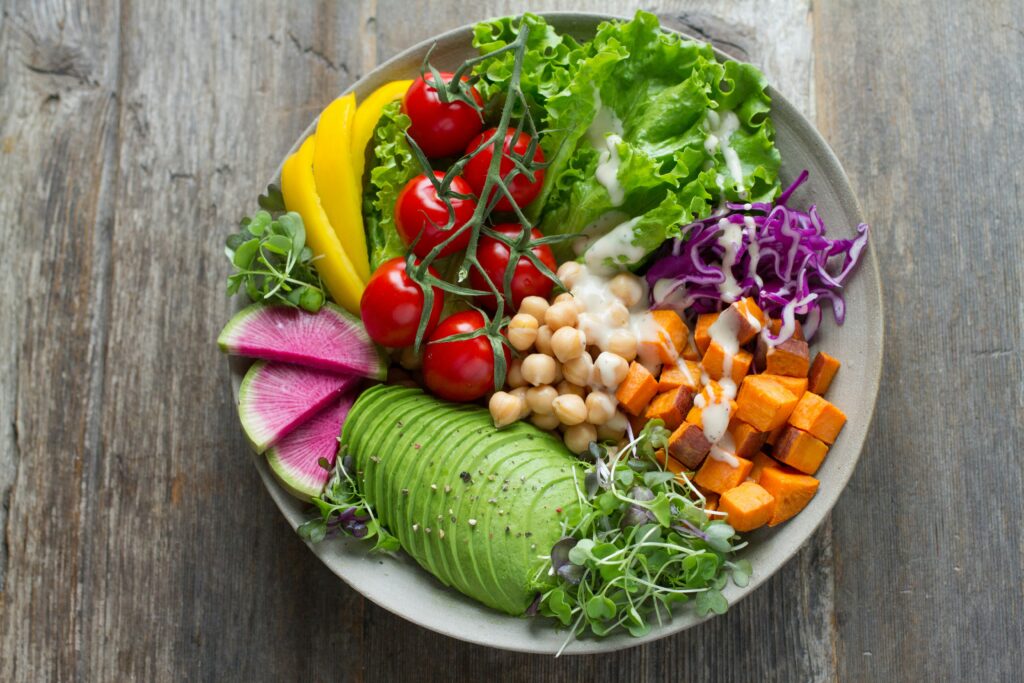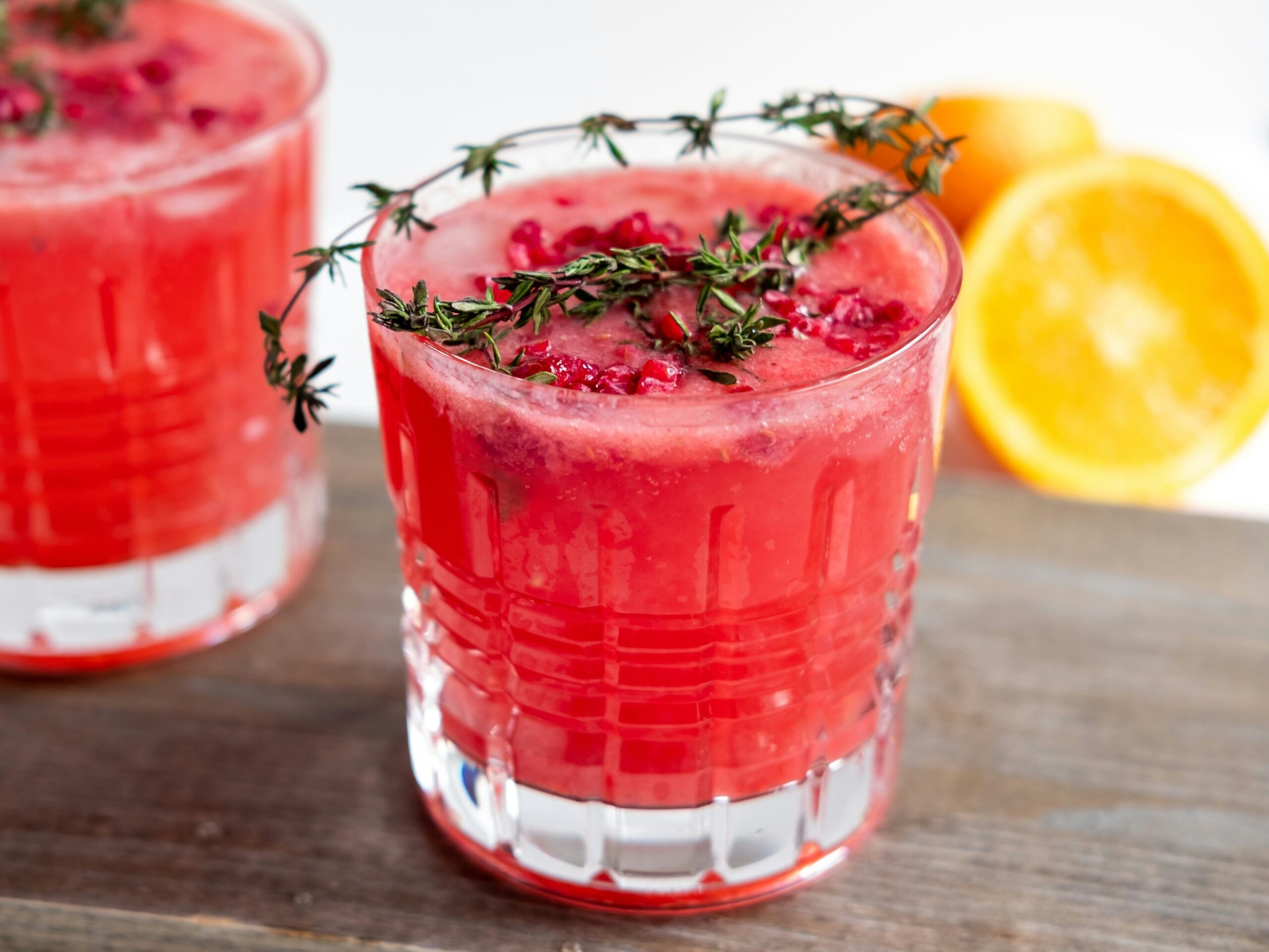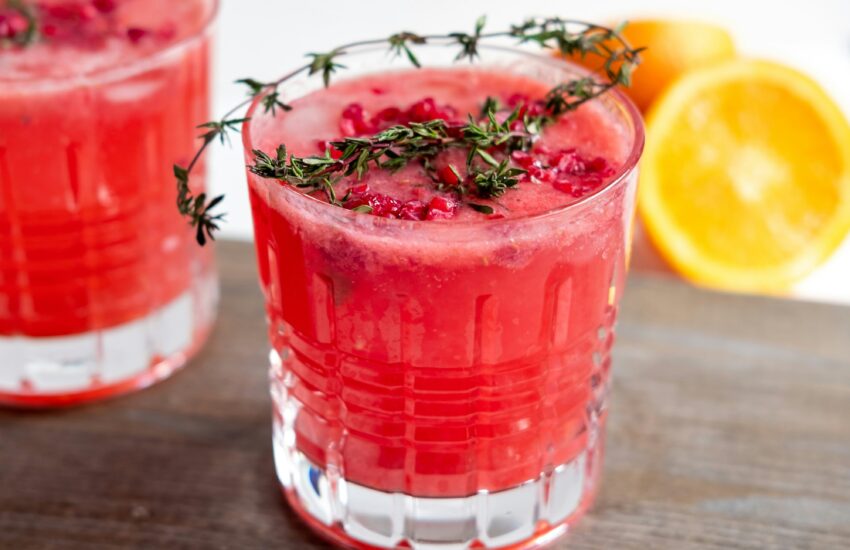Maintaining an optimal blood volume is crucial for overall health and well-being. Blood, a vital component of the circulatory system, carries oxygen, nutrients, and hormones to various parts of the body while removing waste products. Insufficient blood volume can lead to conditions such as anemia, fatigue, and compromised organ function. In this comprehensive guide, we will explore natural methods to increase blood volume, encompassing dietary choices, lifestyle modifications, and specific nutrients essential for enhancing blood production. Here are some Tips for How to Increase Blood in Body suggested by Mohit Tandon Chicago.
Understanding Blood Volume and Its Importance:
Blood volume refers to the total amount of blood circulating in the body. Adequate blood volume is essential for maintaining blood pressure, ensuring proper circulation, and supporting the delivery of oxygen and nutrients to tissues and organs. Factors such as nutritional deficiencies, chronic diseases, and dehydration can contribute to low blood volume, emphasizing the importance of adopting natural strategies to optimize blood health.
Iron-Rich Foods for Enhanced Hemoglobin Production:
Iron is a key component of hemoglobin, the protein responsible for transporting oxygen in the blood. Including iron-rich foods in the diet is essential for preventing and treating iron-deficiency anemia, a condition characterized by low blood volume. Foods such as lean meats, poultry, fish, legumes, and dark leafy greens are excellent sources of iron and contribute to increased blood production. – Mohit Tandon Chicago

Vitamin B12 for Red Blood Cell Formation:
Vitamin B12 plays a crucial role in the production of red blood cells, which are vital for maintaining blood volume. Sources of B12 include meat, fish, eggs, and dairy products. For individuals following a vegetarian or vegan diet, B12 supplementation may be necessary. Ensuring an adequate intake of this vitamin supports the body’s ability to produce healthy red blood cells.

Folate-Rich Foods to Support Red Blood Cell Development:
Folate, or vitamin B9, is essential for DNA synthesis and red blood cell formation. Foods such as leafy greens, citrus fruits, legumes, and fortified grains are rich sources of folate. Including these foods in the diet promotes the production of healthy red blood cells, contributing to an increase in blood volume. – Mohit Tandon Chicago
Vitamin C for Enhanced Iron Absorption:
Vitamin C aids in the absorption of non-heme iron, the type of iron found in plant-based foods. Consuming vitamin C-rich foods, such as citrus fruits, berries, and bell peppers, alongside iron-rich foods enhances iron absorption. This synergistic relationship between vitamin C and iron is crucial for optimizing blood volume.
Copper for Iron Metabolism:
Copper is a trace mineral that plays a role in iron metabolism, facilitating the release of iron from storage sites for red blood cell production. Foods high in copper include nuts, seeds, legumes, and organ meats. Incorporating copper-rich foods into the diet supports the efficient utilization of iron for blood production.
Adequate Hydration for Maintaining Blood Volume:
Proper hydration is essential for maintaining blood volume and preventing dehydration, which can lead to thickened blood and decreased circulation. Drinking an adequate amount of water ensures that blood remains fluid, facilitating its smooth flow throughout the circulatory system. Dehydration should be avoided, as it can negatively impact overall blood health and volume. – Mohit Tandon Chicago
Beetroot Juice for Nitric Oxide Production:
Beetroot juice is known for its nitrate content, which the body converts into nitric oxide. Nitric oxide helps dilate blood vessels, improving blood flow and increasing blood volume. Consuming beetroot juice regularly can be a natural and refreshing way to support cardiovascular health and enhance blood circulation.
Pomegranate for Improved Blood Flow:
Pomegranate is rich in antioxidants and polyphenols, which have been shown to promote cardiovascular health and improve blood flow. Including fresh pomegranate or pomegranate juice in the diet can contribute to enhanced blood volume and overall circulatory function.

Exercise for Cardiovascular Health:
Regular physical activity is beneficial for cardiovascular health and can contribute to increased blood volume. Exercise stimulates the production of red blood cells, improves blood vessel elasticity, and enhances overall circulation. Engaging in aerobic activities, such as walking, running, or cycling, can support optimal blood volume and cardiovascular function.
Spirulina and Chlorophyll-Rich Foods:
Spirulina, a blue-green algae, and chlorophyll-rich foods contribute to increased blood production and oxygen-carrying capacity. These nutrient-dense options can be incorporated into smoothies or taken as supplements to support overall blood health.
Nettle Tea for Iron and Vitamin C:
Nettle tea, made from the leaves of the nettle plant, is a natural source of iron and vitamin C. Consuming nettle tea can be a flavorful way to supplement the diet with these essential nutrients, supporting the body’s ability to maintain optimal blood volume. – Mohit Tandon Chicago
Red Ginseng for Blood Flow Enhancement:
Red ginseng, derived from the root of the ginseng plant, has been associated with improved blood flow and increased blood volume. Incorporating red ginseng supplements or extracts into a healthful routine may offer additional support for cardiovascular health.
Conclusion:
In this comprehensive guide, we have explored a variety of natural methods to increase blood volume, emphasizing the importance of a balanced and nutrient-rich diet. From iron-rich foods and vitamin supplementation to hydration, exercise, and specific herbs, these strategies collectively contribute to optimal blood health. It’s crucial to approach the enhancement of blood volume holistically, considering dietary choices, lifestyle habits, and the incorporation of natural remedies. Individuals with existing health conditions should consult with healthcare professionals before making significant dietary or lifestyle changes. By adopting these natural approaches, individuals can promote overall well-being and support the body’s capacity to maintain an optimal blood volume for improved health.
